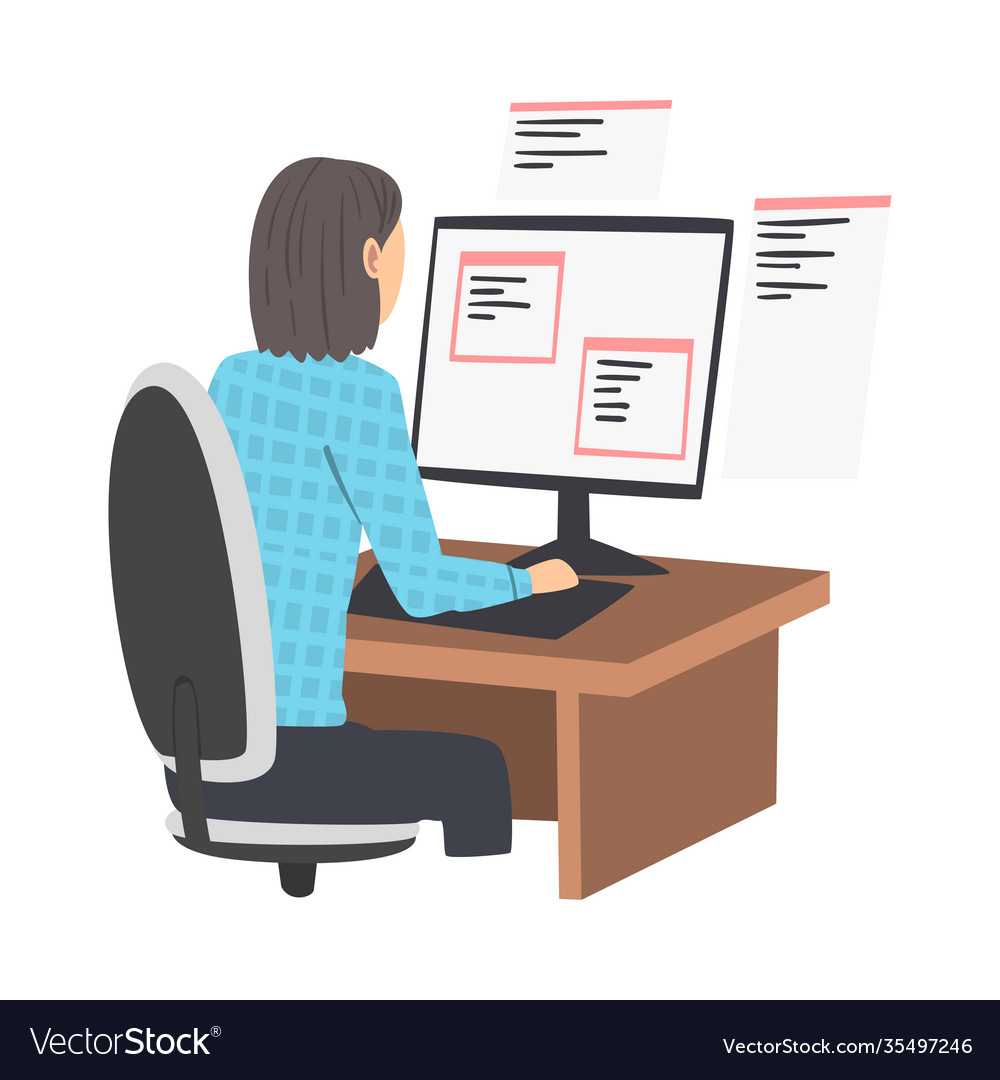Discovering the Perfect Software Development Partner for Innovative Solutions
Discovering the Perfect Software Development Partner for Innovative Solutions
Blog Article
Dedicated Developers vs. In-House Teams: Which Is Right for You?
The decision in between utilizing specialized programmers and keeping an internal team is a considerable one that can impact the trajectory of your tasks and total service strategy. Committed designers give a degree of adaptability and customized knowledge that can be beneficial for specific, temporary initiatives. Conversely, internal teams contribute to a natural firm culture and a nuanced understanding of long-lasting goals. By examining important variables such as budget, task scope, and wanted control, you can much better identify which approach lines up with your business needs. However, the ramifications of this selection prolong past immediate outcomes-- take into consideration the more comprehensive influence on your company landscape.
Comprehending Devoted Developers
The growing need for specialized skills in the technology market has caused the introduction of specialized developers as a viable remedy for many organizations. These specialists are generally contracted on a project basis, enabling companies to utilize particular proficiency without the lasting dedication related to full-time hires. Dedicated developers are often embedded within a customer's team, supplying adaptability and scalability to satisfy job demands.
This design allows organizations to access an international ability pool, which is especially beneficial in a quickly developing technical landscape. Devoted programmers can be sourced from numerous geographical areas, ensuring that companies can find the ideal ability set at affordable rates. They usually bring a wide range of experience and expertise, having functioned on varied jobs across different industries.
In addition, committed programmers can focus specifically on the jobs at hand, enhancing efficiency and performance. They are equipped to integrate flawlessly right into existing operations, teaming up very closely with in-house teams to achieve task objectives. This approach not only lowers the worry of recruitment and training but additionally permits organizations to stay active, adjusting rapidly to transforming market demands and technical innovations.
Benefits of In-House Teams

Additionally, internal teams tend to have a much deeper understanding of the business's mission, values, and objectives. This placement can enhance worker involvement and motivation, as employee really feel more attached to their work and the organization's success. Additionally, having a devoted in-house group permits better placement of strategies and purposes, as these participants are consistently concentrated on the company's top priorities.
Internal groups additionally promote quicker decision-making processes, as they can react a lot more swiftly to challenges and adjustments. The well-known connections and knowledge with business methods allow for structured workflows and minimized miscommunication. Eventually, the combination of a natural society, positioning with business goals, and efficient interaction makes in-house teams a useful possession for several companies, especially those wanting to cultivate long-term development and innovation.
Expense Considerations
When evaluating price factors to consider, both devoted developers and in-house teams existing distinct financial ramifications for companies. Engaging devoted programmers generally involves a pay-per-project or hourly find out here now rate design, which can be affordable for services with changing project needs. This strategy permits versatility in scaling resources up or down, making sure that companies only spend for the services they require.
On the other hand, internal teams require repaired expenses, including wages, benefits, and overhead expenditures such as office and devices. While this model uses higher control and immediate accessibility of sources, it might cause greater lasting expenses, specifically if the workload does not warrant a full-time team.
Furthermore, business ought to think about the hidden pop over to these guys prices related to employment and training of internal staff members, which can better strain budgets. In many cases, the moment and sources invested in handling an internal team can interfere with the organization's core business purposes.

Task Administration and Flexibility
Job management and versatility are crucial elements that influence the choice between in-house teams and specialized developers. Devoted developers typically offer a high level of flexibility, enabling companies to scale resources up or down based upon task needs. This agility can be especially useful for companies experiencing changing work or those seeking to innovate rapidly. Devoted groups frequently have actually developed processes for handling projects properly, leveraging details methods like Agile or Scrum, which help with repetitive progress and versatility.

Ultimately, the option in between in-house groups and committed designers rests on the wanted level of adaptability and the details project monitoring requirements. Companies have to evaluate their functional characteristics, job intricacy, and resource availability to determine which choice aligns ideal with their tactical objectives.
Making the Right Selection
Choosing the best growth approach-- in-house teams or devoted programmers-- requires a cautious evaluation of numerous aspects that align with a business's tactical objectives. software development staff augmentation. First, take into consideration the nature of the task. Devoted developers might be more appropriate if it demands specialized abilities or a fast scale-up. On the other hand, in-house groups can give better continuity and assimilation with existing employees.
Next, examine your budget. Devoted designers usually offer a cost-effective option for short-term tasks, while in-house groups might sustain greater long-term expenses as a result of wages, YOURURL.com advantages, and expenses costs. Examine the level of control and partnership preferred; internal teams typically cultivate more powerful communication and alignment with company society.
Additionally, think about the moment frame. If prompt results are necessary, dedicated designers can be onboarded rapidly, whereas developing an in-house group requires time for recruitment and training. Lastly, weigh the lasting vision of your organization. If constant development is important, investing in an in-house team might produce much better returns over time. Inevitably, the choice hinges on a complete analysis of these elements, guaranteeing placement with your firm's general objectives and operational needs.
Verdict
Finally, the choice between devoted developers and in-house groups depends upon task requirements and organizational goals. Committed developers supply adaptability and specific competence, making them suitable for temporary initiatives. Alternatively, internal groups cultivate a natural society and deeper placement with long-term goals. Careful evaluation of budget restraints, job timelines, and desired control levels is necessary for determining the most appropriate technique, making sure alignment with tactical top priorities and operational effectiveness.
The decision between using dedicated designers and preserving an in-house team is a significant one that can affect the trajectory of your projects and general business method.Job monitoring and versatility are vital aspects that influence the choice in between specialized programmers and internal groups. software engineering staffing.In comparison, internal groups may stand out in maintaining a regular job management structure due to their familiarity with the organization's society and long-lasting goals. Dedicated programmers commonly present an economical solution for short-term tasks, while internal groups might sustain higher long-lasting expenses due to incomes, advantages, and overhead expenses.In verdict, the decision between specialized programmers and internal groups hinges on job demands and business goals
Report this page